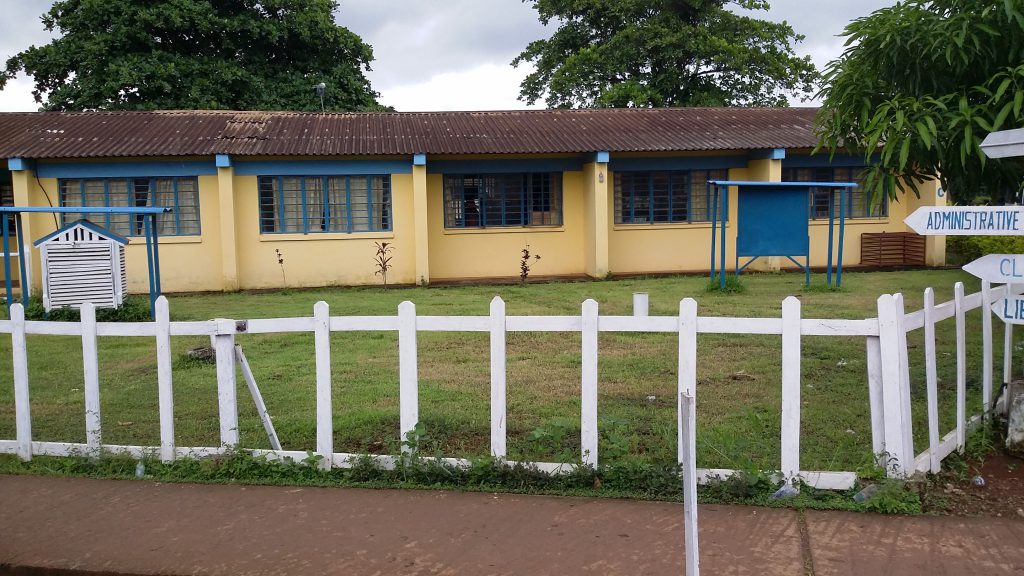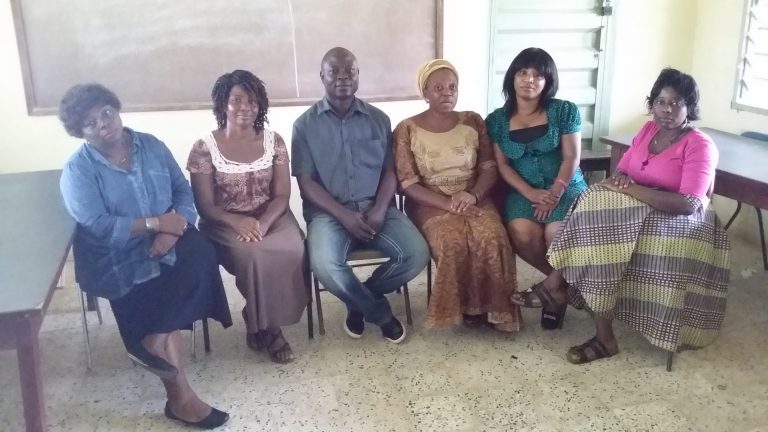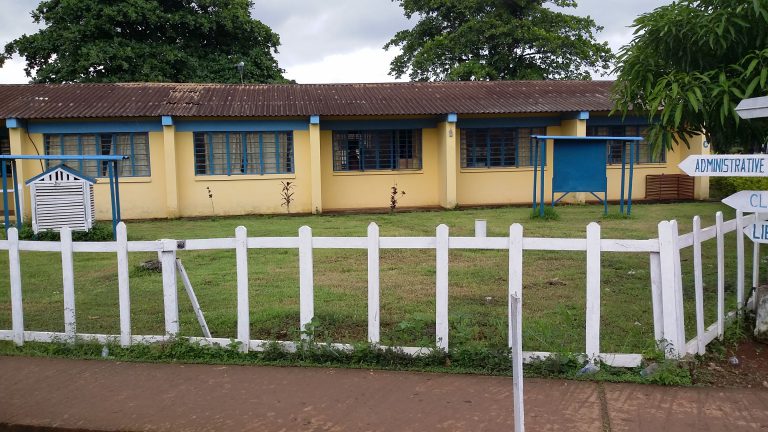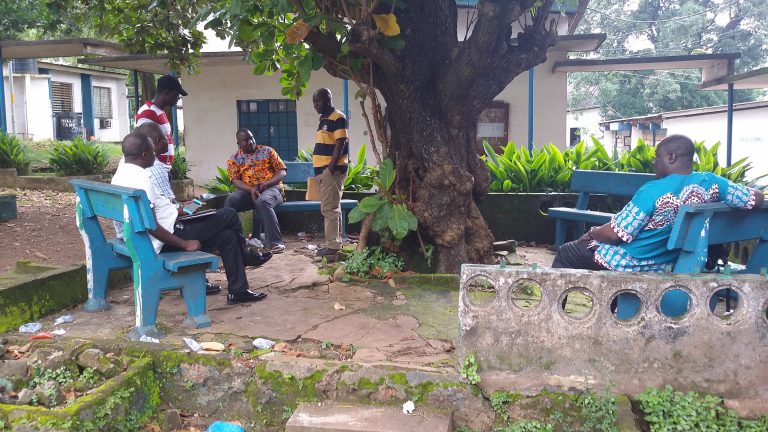Freetown Polytechnic

After the enactment of the Polytechnic Act in 2001, the Freetown Teachers College presently operates on the principles of the Act. Under the act, the Freetown Teachers College and the Government Technical Institute (GTI) Kissy Dockyard are mandated to form a merger called the Freetown Polytechnic with a main campus at Kossoh Town and a sub campus at Kissy Dockyard. In a bid to form this merger, the two institutions have met and developed modalities in accordance with the act.
Academic Character

The academic character of the proposed polytechnic will be that of teaching-learning and research. Curriculum mapping on skills-level basis will be developed to maximize opportunities for student/learners and, to ensure that the curriculum portfolio for the institution makes maximum impact both economically and for the career aspirations of students.
Proposed Campuses


To archive this, it is proposed that there will be greater breadth and depth of quality technical education and training of teachers/trainers opportunities, from access to degree level in the following campuses:
| Existing Campus | New Polytechnic Campus |
| 1. Freetown Teachers College | COLLEGE OF EDUCATION AND APPLIED SCIENCE |
| 2. Government Technical institute | INSTITUTE OF TECHNOLOGY AND MANAGEMENT |
Academic Faculties/Schools
The two Campuses will initially be made up of the following two (2) Academic Faculties at Jui, and two (2) Schools at Kissy Dock Yard Campus.
| THE COLLEGE OF EDUCATION & APPLIED SCIENCE | COLLEGE OF ENGINEERING & MANAGEMENT |
| 1. Faculty of Education and CDS | 3. School of Engineering/Technology |
| 2. Faculty of Basic and Applied Science | 4. School of Business and Entrepreneurship |
A commitment to excellence will be shared across these faculties and schools in existing and future campuses, as the new polytechnic builds on the high standards of learning and teaching that already exists in the parent institutions.
The geography of the Western Rural Area and personal circumstances of students mean some might find it difficult to access a campus, so the greater capacity of the polytechnic will be utilized to develop additional e-learning opportunities in appropriate curriculum areas. Both partner institution (FTC and GTI) are mindful of digital exclusion and will ensure support is available for those who have not benefited from the IT revolution.
Academic Departments
The four faculties will have between them the following departments and units.
| FACULTY | SCHOOL |
| Faculty of Education and CDS 1. Dept. of Education 2. Dept. of Community Development Studies 3. Dept. of Social Studies 4. Dept. of Language Arts 5. Dept. of Creative and Practical Arts 6. Dept. of Religious and Moral Education | School of Engineering 1. Dept of Electrical Technology 2. Dept. of Electronic and Computer Engineering 3. Dept. of Mechanical Technology * Automotive Engineering & Maintenance * Welding & Fabrication * Foundry Works * Jigs & Tooling |
| Faculty of Basic and Applied Science 1. Dept. of Mathematics 2. Dept. of Basic Science 3. Dept. of Agricultural Science 4. Dept. of Computer Science 5. Dept. of Applied Science & e-learning | School of Business and Entrepreneurship 1. Dept. of Business Studies 2. Dept. of Accounting & Finance 3. Dept. of Entrepreneurial Studies 4. Dept. of Youth Skills Training |